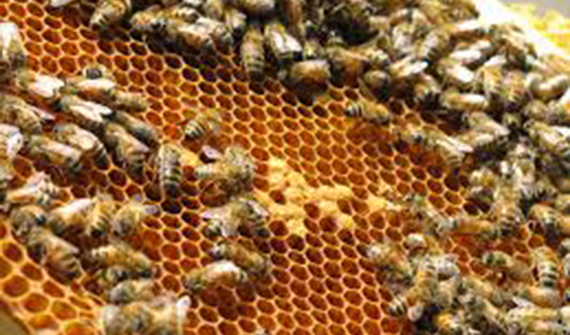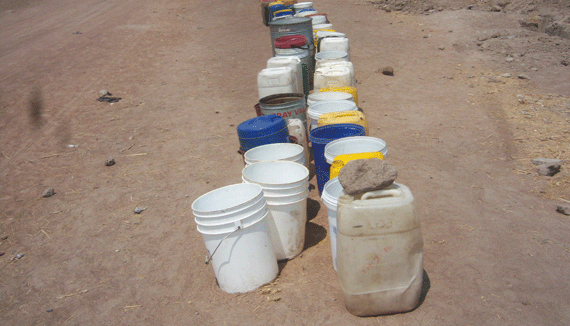
FARMERS in Matabeleland South have been urged to venture into beekeeping (apiculture) to supplement their drought and foot-and-mouth-threatened livestock, an official has said.
BY MTHANDAZO NYONI
A beekeeper and trainer with Beekeeping Association of Zimbabwe, Feli Khumalo, told NewsDay that beekeeping had unlimited opportunities and potential to be a huge income earner for farmers in the region whose more than 300 000 cattle are at risk of being wiped out by drought and foot-and-mouth disease (FMD) that has hit the region hard this year.
“Beekeeping in Matabeleland South is not common and we are trying as an association to have more farmers to venture into it as it is a business that brings income,” Khumalo said.
 He said beekeeping was not that much capital intensive as the market was very lucrative in the country and beyond.
He said beekeeping was not that much capital intensive as the market was very lucrative in the country and beyond.
“The market is very good and we are supplying honey to companies like Datlabs. But because here in Matabeleland we are not producing enough, they end up getting honey from as far as Mutare. This is the reason why we are mobilising more people to venture into beekeeping,” he added.
Khumalo said countries the world over prefer honey from Africa due to good climatic conditions.
He said the type of trees in Matabeleland South were good for beekeeping.
“Therefore, people must come so that we can get reasonable market and we are looking forward to having our own market points,” he added.
- Chamisa under fire over US$120K donation
- Mavhunga puts DeMbare into Chibuku quarterfinals
- Pension funds bet on Cabora Bassa oilfields
- Councils defy govt fire tender directive
Keep Reading
He, however, said beekeeping farmers needed advanced training focusing on how to use machinery for higher production. So far, Khumalo said, they had trained people in areas such as Maphisa and Mangwe. Plans are place to train others in Bulilima, he said.
He said beekeepers were trained on hive construction, honey harvesting and marketing.
He said lack of adequate finance and technical support from government was a major impediment to the development of the beekeeping industry in the country.
Beekeeping farmers recently said legislative restrictions and growing government marginalisation of the sector were key issues slowing the growth of the industry.
They said inconsistencies in legislative framework that supports beekeeping and confusion around the administrative authority of the Bee Act, were hampering growth of the critical component of the farming sector.
Beekeeping has a very long tradition in Africa dating back over 6 000 years ago when beehives were first used for producing honey in ancient Egypt.
It promotes economic self-reliance and for some of the poorest people, it has become a life- sustaining source of income and livelihood.
It is an ecologically and technically appropriate form of income generation for communities in some of the poorest areas of Zimbabwe.










